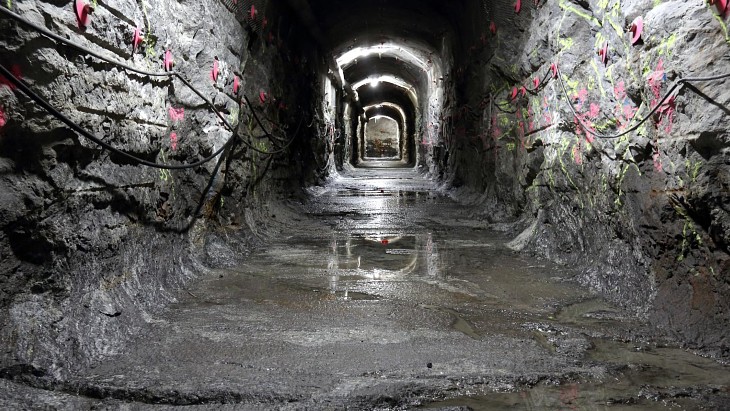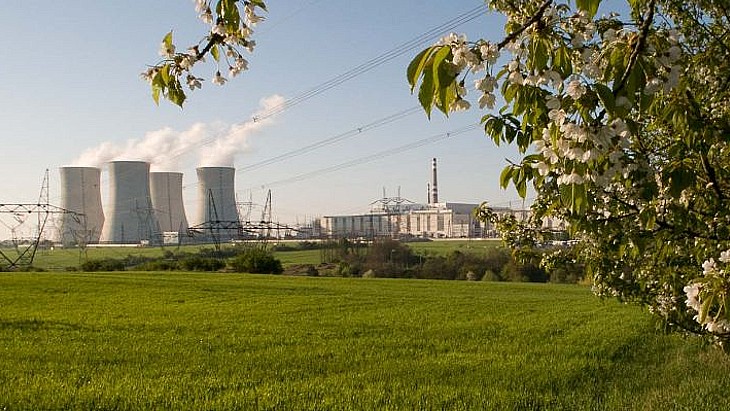The Senate began its deliberation of the bill on 17 January and voted on its text on 24 January.
The approved text includes the removal of the objective of reducing the nuclear share of France's electricity production to 50% by 2035. Nuclear's share will now be maintained at "more than 50%" of electricity production by 2050.
In addition, the text includes small modular reactors (SMRs) in possible reactor types to be constructed. "For electricity of nuclear origin, the decarbonisation objective relates to the construction of European Pressurised Reactors (EPRs) and small modular reactors by 2050," it says.
The bill also establishes "a specific procedure for compatibility of urban planning documents", with a view to the construction of new reactors, and exempts them from certain planning permissions. It also grants nuclear operators the possibility of using an immediate possession procedure to obtain land on which to build new reactors.
The text of the bill now goes to the lower house, the National Assembly, for consideration, with a vote on it expected in March.
Nuclear accounts for almost 75% of France's power production, but former French president Francois Hollande's government announced in 2014 that nuclear capacity would be capped at the current level of 63.2 GWe and be limited to 50% of France's total output by 2025. The French Energy Transition for Green Growth Law, adopted in August 2015, did not call for the shutdown of any currently operating power reactors, but it meant EDF would have to close older reactors in order to bring new ones online. However, under a draft energy and climate bill presented in May 2019, France will now delay its planned reduction in the share of nuclear power in its electricity mix to 50% from the current 2025 target to 2035.
France's multi-year energy plan - the Programmation Pluriannuelle de l'Energie (PPE) - is a roadmap for the periods 2019-2023 and 2024-2028, setting out the country's main energy priorities and thereby guiding public and private investment. The PPE is in line with the country's low-carbon strategy. With these two sets of guidelines, the country aims to meet the targets set by the Paris Climate Agreement and achieve carbon neutrality by 2050. Although the PPE was published by the government in late-2018, discussions are still ongoing. Once finalised, the PPE will determine how many reactors should be shut down and how many new ones should be constructed.
In February last year, President Macron announced that the time was right for a nuclear renaissance in France, saying the operation of all existing reactors should be extended without compromising safety and unveiling a proposed programme for six new EPR2 reactors, with an option for a further eight EPR2 reactors to follow.

.jpg)





_53514_33880.jpg)






